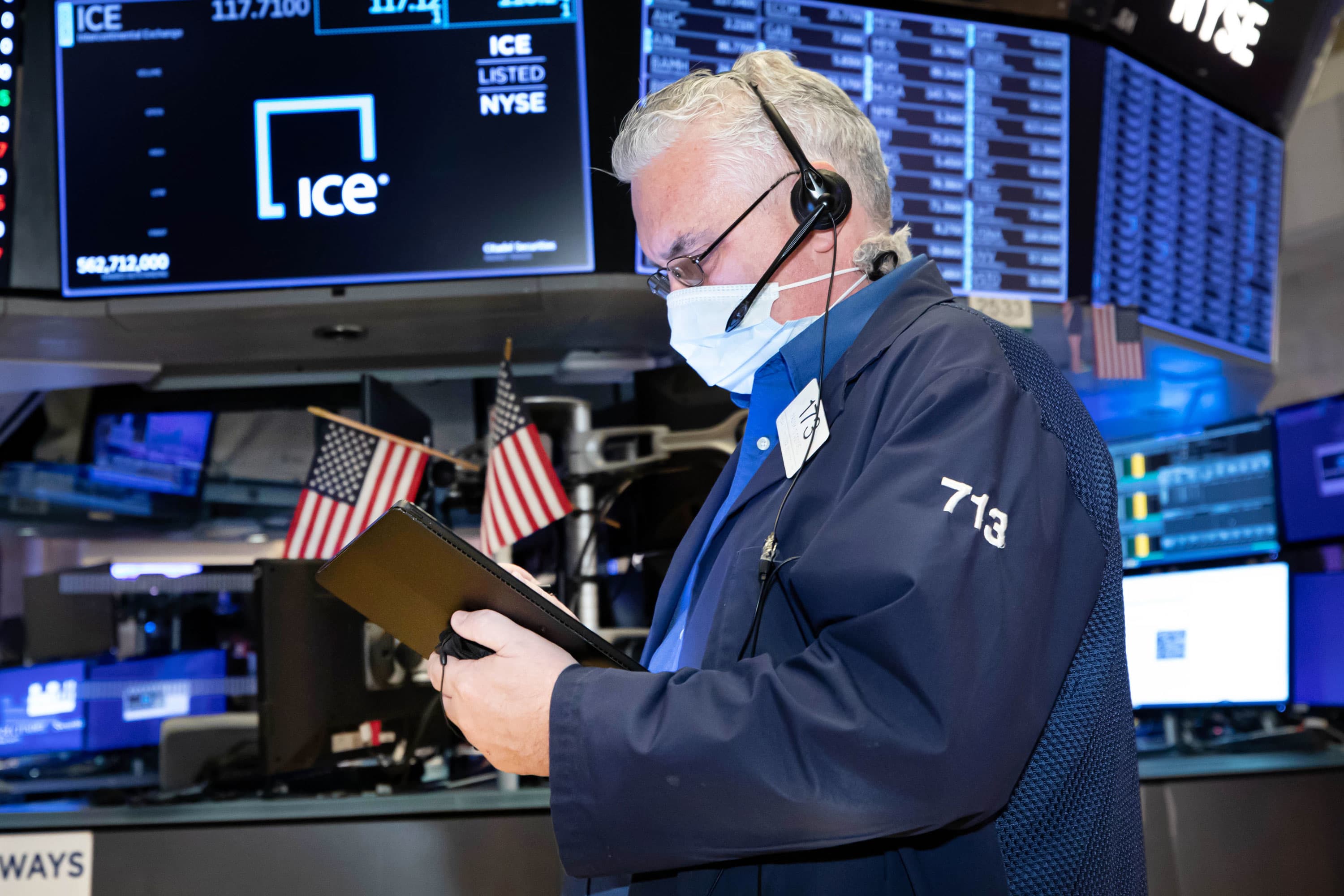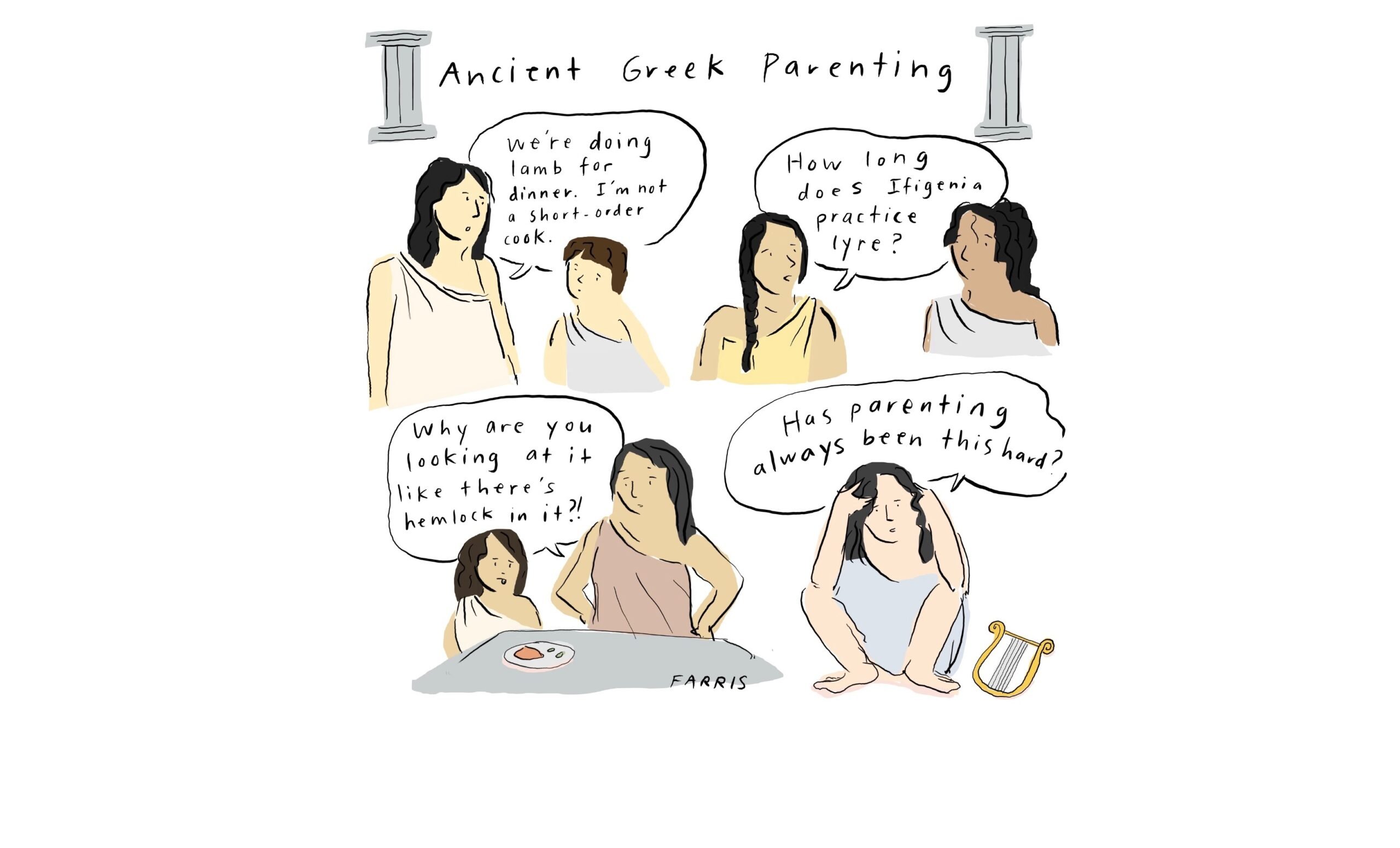Novo Nordisk shares shrug off concerns over study linking weight loss drugs to rare eye condition
Novo Nordisk investors appeared unperturbed Thursday by a critical Harvard report that linked weight loss drugs to a rare eye condition.

A box of Ozempic and contents sit on a table in Dudley, North Tyneside, Britain, October 31, 2023.
George Frey | Reuters
Novo Nordisk investors appeared unperturbed Thursday by a critical Harvard report that linked weight loss drugs to a rare eye condition.
Semaglutide, which is present in weight loss drugs including Novo Nordisk's Ozempic and Wegovy, might be associated with an increased risk of a rare eye disease, according to a study carried out by Harvard Medical School.
Analysts said the study results were "hardly a game-changer," however. Shares in the Danish pharmaceutical company's shares were little changed on Thursday, dipping in early morning trade before rising 0.1% as of 11:17 a.m. London time.
The Harvard report found that patients with type 2 diabetes or obesity, who are prescribed semaglutide, have an increased risk of nonarteritic anterior ischemic optic neuropathy (NAION) — a condition which can lead to loss of vision in one eye. Patients were more likely to be diagnosed with the eye condition compared to patients who were not prescribed the weight loss drugs, the study found.
While the research paper does suggest "some correlation" with a rare ocular event, the quality of the evidence is "vey low, the error bars are very wide," according to Deutsche Bank analyst Emmanuel Papadakis.
The worst case scenario would likely be a further update to the label warning section of the drugs, which is "hardly a game-changer," said Papadakis.
He added that Deutsche Bank generally regards semaglutide medications as "one of the most derisked therapeutic classes in industry history from a safety perspective."
A spokesperson from Novo Nordisk said the optic nerve disease NAION is not an "adverse drug reaction for the marketed formulations of semaglutide" as per the approved labels. They added that there are "key methodological limitations" to the study such as the "small number of people" with type 2 diabetes or obesity that were exposed to semaglutide and were included in the trial.
"Patient safety is a top priority for Novo Nordisk, and we take all reports about adverse events from use of our medicines very seriously," the spokesperson said.

Popularity for the blockbuster drugs has seen Novo Nordisk grow to become the most valuable company in Europe, with a valuation larger than Denmark's total gross domestic product last year.
Wegovy has also been shown to have health benefits beyond losing weight and regulating blood sugar. The Food and Drug Administration in March approved it for use in reducing the risk of heart disease.
The drugs, however, have faced scrutiny after some patients reported experiencing stomach paralysis and suicidal ideation while taking them. A study carried out by researchers at the University of British Columbia noted an increased risk of bowel obstruction, a disorder where food is blocked from passing through the small or large intestine, and pancreatitis, or pancreas inflammation.
The labels for the drugs already include warnings about pancreatitis and certain types of bowel obstruction. A change in vision is also listed as a potential side effect for both Ozempic and Wegovy.
The U.S. study, which was published on Wednesday, analysed data from 16,827 patients from December 2017 through to November last year. The researchers noted that further study is required to assess whether semaglutide causes the eye condition.
CNBC's Jenni Reid contributed to this report.

 ValVades
ValVades 































